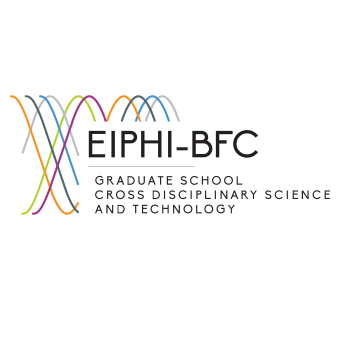
Study in UBFC (Graduate School EIPHI)
Last edited on 13 Feb 2026
600
601–800 th World University Rankings 2021, 101–150 th Young University Rankings 2020, 151-200 th European Teaching Rankings 2018
The University of Bourgogne-Franche-Comté provides a new international integrated MSc/PhD program called EIPHI standing for “Engineering and Innovation through Physical Sciences, High-technologies, and cross-dIsciplinary research”.
The students in this graduate school will acquire a solid background in various topics, ranging from fundamental to applied sciences, allowing them to build a successful career in R&D sectors. The program is designed to include hands-on laboratory experience during the Master years in order to strengthen the student’s capability to learn actively, think independently, and work in team. Through the existing close ties to industry, the students will also be exposed to the latest developments in industrial R&D through courses given by industrial partners and internship.
EIPHI proposes 5 domains of studies with its 15 master Degrees :
1. Physics & Applied Mathemlatics to train students in fundamental, both theoretical and experimental, physics and in mathematics for physics providing knowledge and lab expertise in photonics, non-linear physics, time & frequency metrology, micro/nano- and quantum technologies.
2. Energy which focuses on the integration of thermal, electrical and hydrogen-based systems in stationary and transportation applications, with the final aims of increased efficiency and of sustainable development.
3. Computer Science dedicated to research aspects of network applications (web, distributed, mobile, the Internet of Things) and quality assurance (verification and validation) of the systems.
4. Smart Systems and Structures which merges three domain of studies namely Electronics, Mechanics and Control and aims to develop the smart systems and structures of the future and is structured around 3 Master Degree, exploring the multiple facets of complex systems.
5. Material Science which aimed at teaching the foundations of chemistry of materials, including their reactivity, the methods of their characterization, interfacial electrochemistry, physical-chemistry, inorganic chemistry a focus on materials requiring specific approaches (polymers, hybrid materials, ceramics, etc.).










